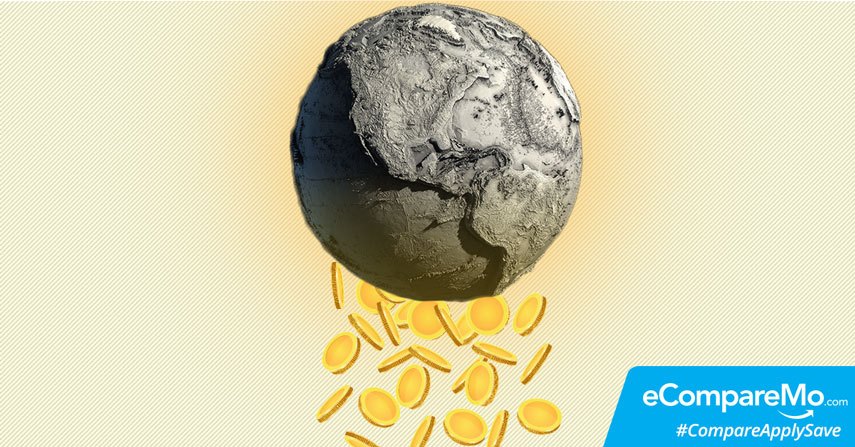This Is How The World Will Look Like Without Money
2 min readA long time ago, people traded goods and services with no standard equivalent values for items. You could probably exchange a pearl of necklace for a set of wooden hunting tools. Of course, this varied across communities and cultures.
In some parts of Asia, convenience became a thing and weapons and tools were soon exchanged for bronze. In the West, electrum was used as denominations due to the abundance of silver and gold in the region.

According to Time, paper bills in the form of privately issued bills of credit and exchange notes were first used by the Chinese who started carrying folding money during the Tang Dynasty. It was the system of trading for 500 years before its popularization in Europe during the 17th century.
The shift of Europe to paper money prompted rich families and businesses to start buying currencies, which resulted in a boost of international trades. Today, people use mobile payments and mobile currencies to pay for goods and services.
When money is meaningless
Many skeptics think that money is the root of evil and the lack of it would eliminate theft, prejudices, and class hierarchy.
But without money, we would be stuck in old system of bartering and commodities exchange. Another possible scenario is living in a “gift economy,†in which goods and services are given without any explicit agreement like reciprocal altruism or “I owe you†debt.
The absence of money posits problematic scenarios that are detrimental to the macroscale development of economies. According to Balaji Viswanathan, founder of financial research firm Zingfin.com, the barter system is “deadly and is “unworkable for a modern economy†for the following reasons:
1. Matrix problem
Bartering needs a matrix for product-to-product exchange. Imagine an extensive list of millions of items with thousands of equivalents.
2. Multiple grades
For instance, a food can be perishable or not, can be organic or artificial, etc. “Signing each commodity with the particular grade is very expensive,†Viswanathan explained.
3. Verification of authenticity
It’s difficult to tell whether the item to be exchanged is adulterated, fake, or not in its best condition.
4. Saving becomes impossible
A lot of goods are perishable, which will be of no good and value for exchange in the future. This also implies that there be no more banks because there’s no more money to handle.
5. Transaction will be difficult
One of the advantages of using money is to increase the speed of doing business as it skips the dealing of exchange of good and service for value. Imagine buying an expensive bag and needing to pay with a truckload of sand.
6. Taxation and data collection will be a real problem
Without a system that governs and regulates accounts, tracking and collecting economic data and tax will take time and hard work.
7. Indivisibility problem
“Suppose you sold all your wheat for a pair of shoes. What if tomorrow, you want to use part of your wealth to buy milk? Can you split the pair of shoes to get milk?†Viswanathan says. Not all commodities’ value can be broken down into smaller units to be equal with another item.
